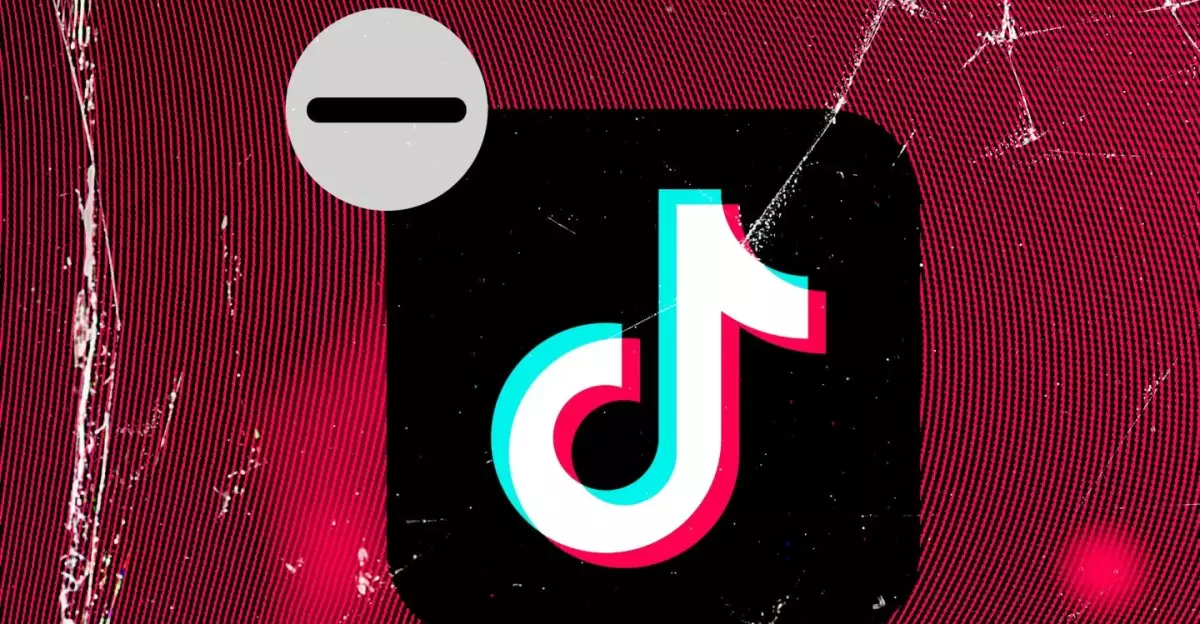In a significant turn of events, TikTok has made its triumphant return to both the iOS App Store and the Android Google Play Store after a nearly month-long ban in the United States. This comeback, which allows users to once again download the popular short-video app, has sparked renewed interest and debate around the implications of app store governance and regulatory frameworks. The restoration of the TikTok listing comes after TikTok’s parent company, ByteDance, faced significant scrutiny and threats of repercussions from the U.S. government.
The reinstatement was largely facilitated by U.S. Attorney General Pam Bondi, who reassured Apple and Google through a letter that they would not be subject to fines for hosting TikTok. This assurance appears to have played a crucial role in the decision-making process of these tech giants, who previously opted to remove TikTok to avoid any potential liabilities associated with hosting an app linked to a company viewed unfavorably by U.S. lawmakers. This action brings to light the persistent tension between tech companies, government regulations, and how they ultimately shape user access to digital platforms.
Simultaneously, the political climate in the U.S. continues to affect corporate strategies regarding foreign-owned apps. Following the executive order signed by the former President Donald Trump on January 20th—which directed a temporary freeze on the enforcement of the app ban for 75 days—there has been an evident struggle for the future of TikTok in the American market. This complex situation further intensifies with news that Trump has entrusted Vice President JD Vance with overseeing negotiations for a potential acquisition of TikTok. Such moves showcase a profound intertwining of political agendas and commercial interests, raising questions about how far governmental influence should extend into the operational strategies of private companies.
The reinstatement of TikTok also bears significance for the app’s millions of users who depend on it for entertainment, connection, and creative expression. While the app’s absence may have caused frustrations among its loyal audience, its return has been met with enthusiasm. This highlights a critical aspect of digital dependency; users are often caught between commercial compromise and political maneuvering. As TikTok resumes its place in app stores, it’s expected to regain momentum quickly, revealing the disparities between regulatory actions and consumer behaviors.
The saga of TikTok’s ban and subsequent restoration signifies a broader conversation about digital freedom, regulatory practices, and the responsibilities of corporations toward their users. As tech companies navigate the complex landscape of governmental influence, they’re continually reassessing their positions in the market, often impacted by the whims of political change. The return of TikTok serves as a reminder of the delicate balance between maintaining national security and allowing consumer access to global digital platforms. In this ongoing narrative, users emerge as the pivotal stakeholders, reminding all involved that the final verdict rests on public sentiment and engagement within the digital realm.

